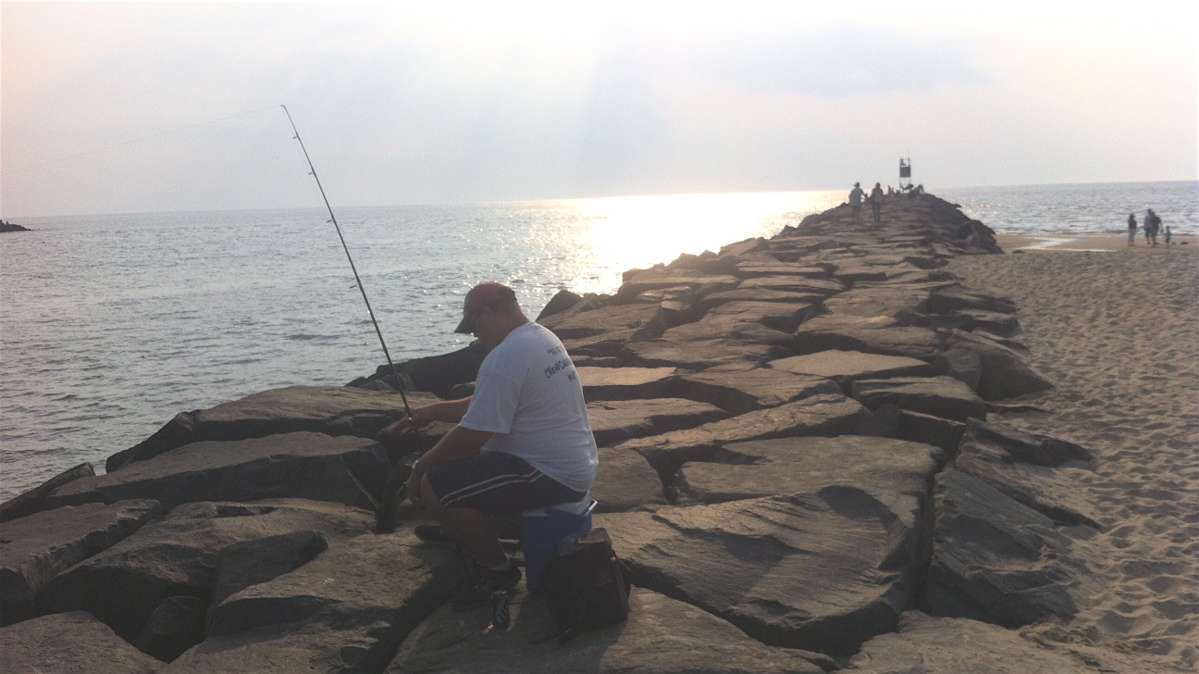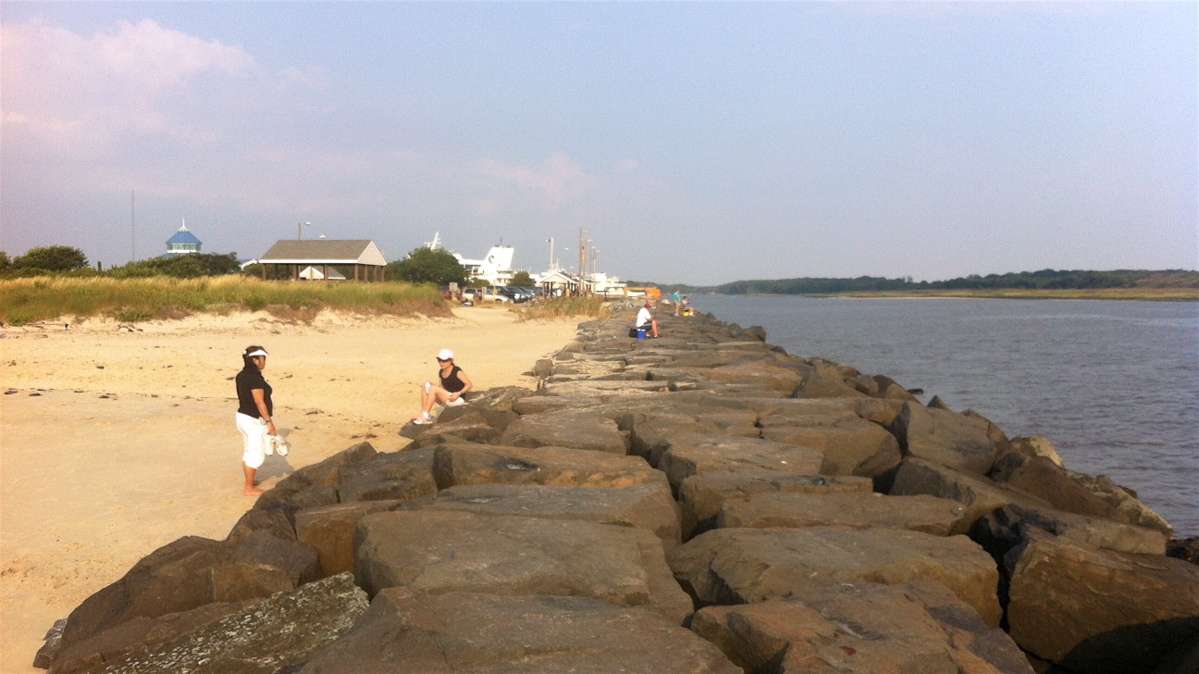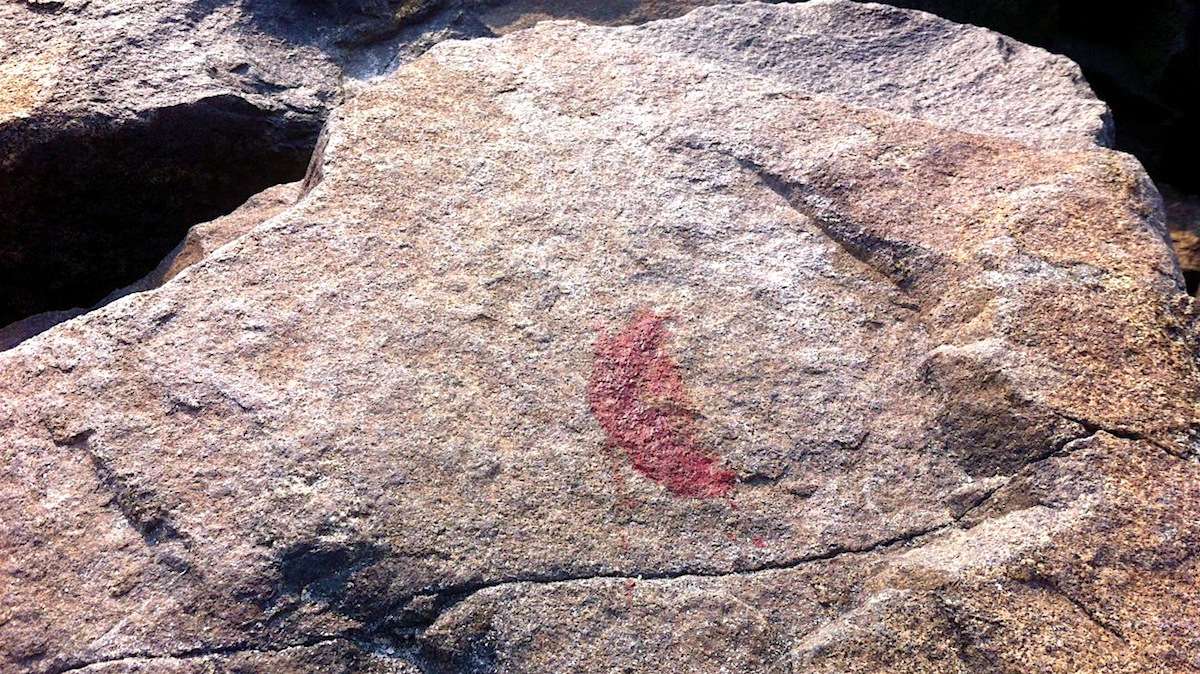‘We are the survivors, which means we can do anything’ [video]
I rarely write about race, because it’s hard for most of us to listen to someone else’s point of view. We cling to what we’ve been trained to believe.
In America, the dichotomy between perception and reality is vast, and it is informed by the complexities of our backgrounds. That is an ominous truth, a truth so large that it often prevents us from hearing one another.
Real-world exposure
As a black man, I have seen this truth play out in my own life in many situations.
I’ve seen it in elevators where white women clutch their purses when I board, and in streets where younger black men see my Brooks Brothers suits as an ugly denial of my blackness.
I’ve seen it in offices where receptionists look afraid when I walk in for an appointment, and in the minds of young brothers who believe their greatest power is wrapped up in the barrel of a gun.
Yes, there are problems with black men. Too many of us kill each other. Too many of us are in prison. Too many of us are unemployed. Too many of us have lost hope.
Though racism is real, it is not the sole reason for these realities. The fact is that we are all responsible for our own actions.
But not all of our actions are negative.
The positive side
There are 1.4 million black men in college, about 600,000 more than are in prison.
There are black men who are community leaders, husbands, fathers, sons and workers.
There are black men who are just that — men. And, these men are being recognized through a major investment by the Knight Foundation.
Black Male Engagement (BMe) is a network of community-minded black men that began two years ago with pilot programs in Philly and Detroit. It will receive a $3.6 million investment from the John S. and James L. Knight Foundation to help grow the size and power of BMe, which expanded this year to Pittsburgh and Baltimore.
There is plenty of work to be done.
I know this because I was one of 20 men recognized by the Knight Foundation in 2011, when the BMe campaign began.
I met Ari Merretazon, a Vietnam veteran who works on behalf of the men and women who return home scarred by the horrors of war.
I met Tyree Dumas, a young man who founded The Dollar Boyz — a dance group with a message.
I met Alex Peay, who founded Rising Sons, an after-school program to guide young black men toward success.
Stories that go untold
Their stories are frequently lost in the negative imagery that is too readily attached to black men.
I’ve read the statistics that can be skewed to make our various problems seem even worse.
I’ve seen the stories that are repeated each night on the news.
And, in the 45 years I’ve walked this earth as a black male, I’ve seen the reactions to how I look, rather than who I am; reactions that are based on imagery.
But, men I know belie the image of the black man as violent and ruthless. The men I know defy the image of the black man as irresponsible and uncaring. The black men I know are just that — men. And so are the majority of black men in America.
BMe in action
BMe president Trabian Shorters knew that when he took on the initiative. Asked what gives him hope for the future of black men, he points to the examples he knew growing up.
“My grandfather. My father. My uncle Charles. Richard Swoop. My sons. I am all these black men,” Shorters said. “They are a minister, an engineer, a soldier, an ex-gangster and children, imperfect, idealistic, wounded and relentless in their determination to be free. That’s us, BMe Brothers.”
Indeed, that’s what I see when I look at black men. I see potential. I see success. I see imperfection. I see pain. I see people swimming against the tide, and still, in spite of it all, making it through.
That reality reminds me of something I heard Rising Sons founder Alex Peay say at a Knight Foundation breakfast centered on black males back in February.
“We are the survivors, which means we can do anything,” he said. “If you have looked throughout history, no matter what has happened we have always survived. We have always overcame something, which means that no matter what happens, it is in us, it is in our blood, to always survive.”
More about the BMe campaign at http://bmecommunity.org.
Disclosure: WHYY receives funding from the John S. and James L. Knight Foundation.
WHYY is your source for fact-based, in-depth journalism and information. As a nonprofit organization, we rely on financial support from readers like you. Please give today.






